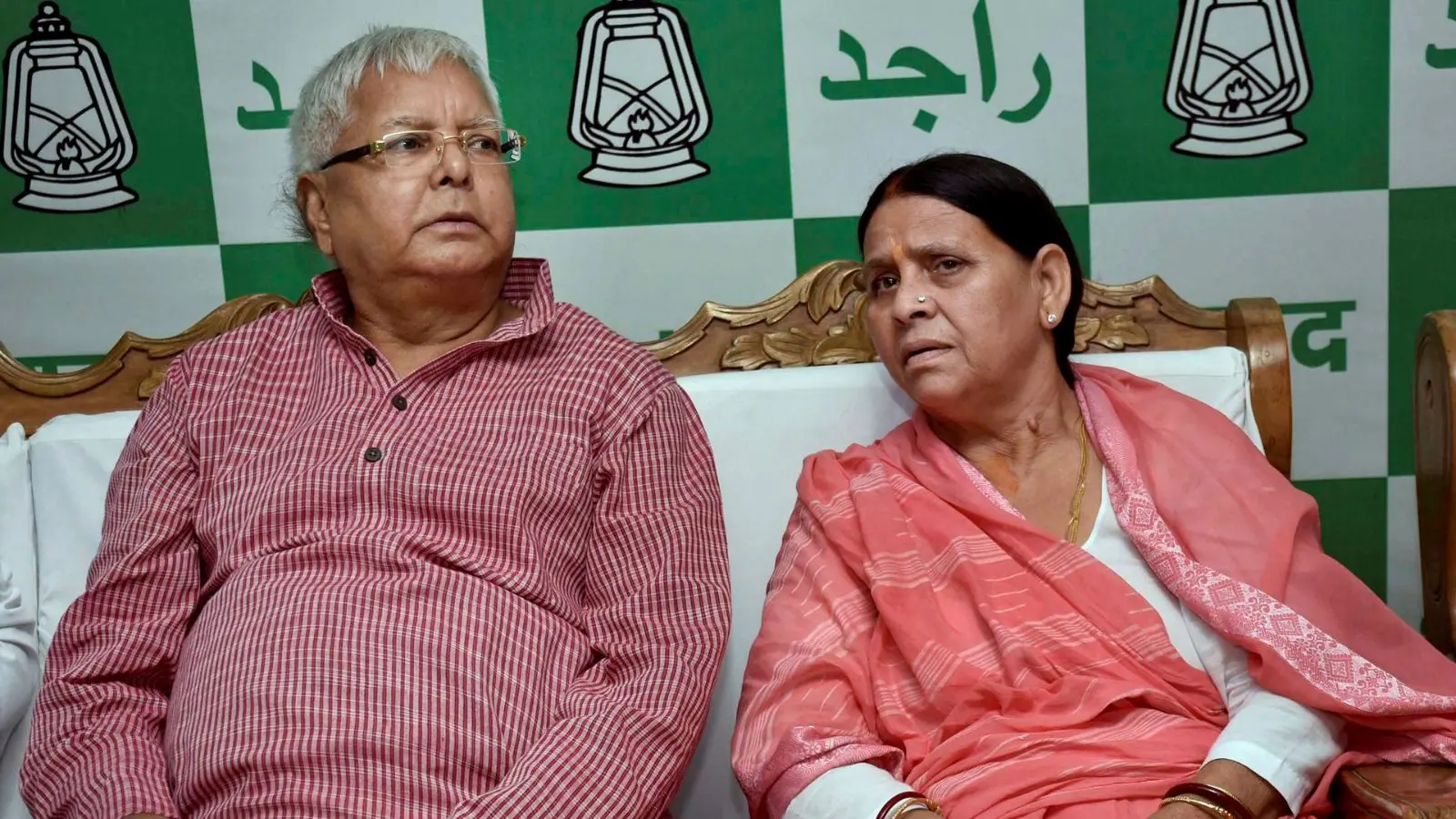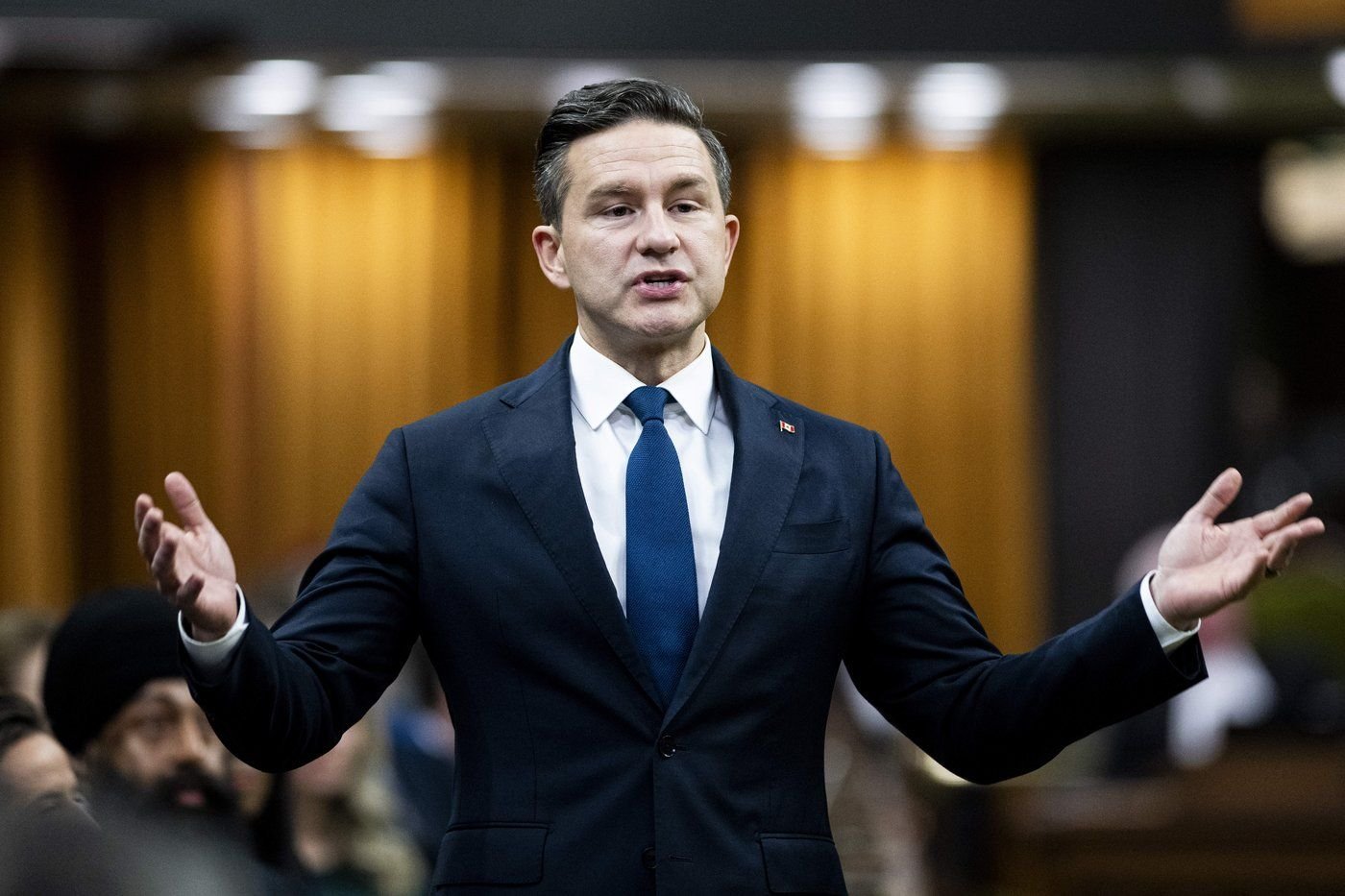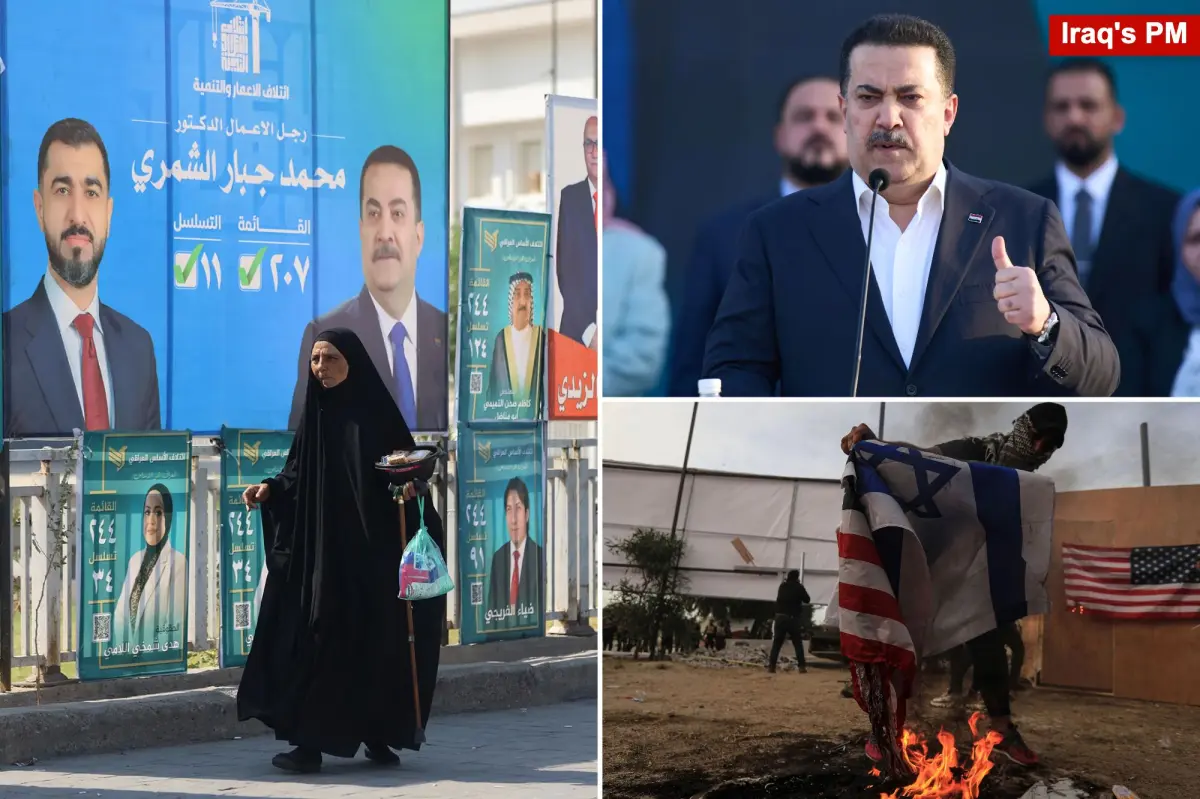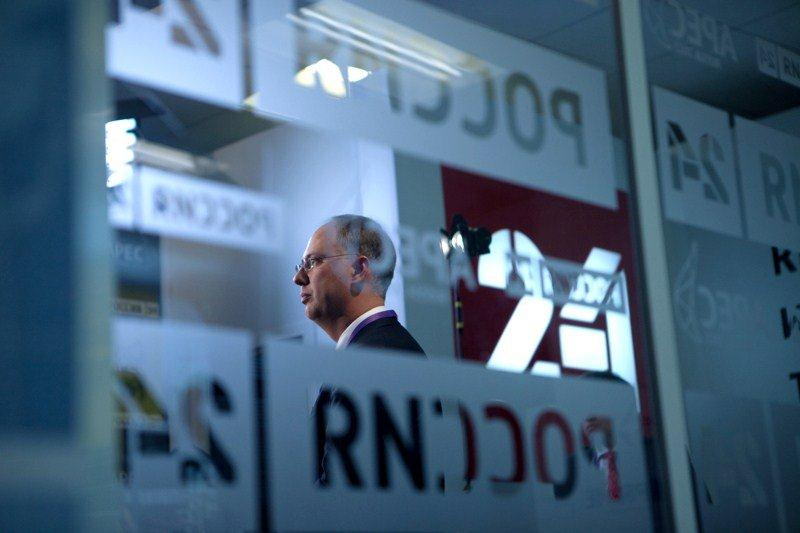Copyright news18

It is a term that has become a part of a generation’s muscle memory, and if the Bharatiya Janata Party (BJP) has its way, the word could be added to the political lexicon of 14 lakh first-time voters of Bihar. The poll-bound state, which is gearing up for the dance of democracy next month, is no stranger to ‘Jungle Raj’. Literally translated, it means “rule of the jungle”. Politically, it means governance so poor that the state appears lawless. In the context of Bihar politics, ‘Jungle Raj’ became shorthand for a period of unprecedented breakdown in law and order, rising criminality, kidnappings, extortion and weak administrative control, right under the nose of the elected government. Over time, the term evolved into a political slogan that was used to cast certain regimes as chaotic, to warn voters of a return to disorder, and to contrast “good governance” with the past. But how did the phrase originate and why has it stuck around for so long? According to the Indian Express, the earliest formal usage came during a hearing in the Patna High Court in August 1997 when a bench remarked that the city’s drainage and sanitation situation was “worse than Jungle Raj”. It was a time of political flux as Lalu Prasad Yadav, implicated in the fodder scam, had quit and his wife Rabri Devi had been sworn in as the chief minister—a move that pushed Bihar further down the progress ladder. As per a Business Standard report from August 6, 1997: “It is worse than the Jungle Raj and there is no regard to court directions and public interest, the judges observed, expressing concern over the civic amenities in Patna.” The period roughly between 1990 and 2005, when the husband-wife duo of Lalu Prasad and Rabri Devi held the reins of the state, was marked by several highly-publicised incidents of violence, caste massacres, kidnappings and alleged nexus between politicians and organised crime. As those events resonated strongly with perceptions of fear, impunity and governance failure, the phrase became anchored in political memory. According to the Indian Express, BJP leader Sushil Kumar Modi was among those who popularised the term. Once established, political actors found it useful to revive the phrase to attack opponents, remind voters of past dangers, and define electoral choices. For much of the last two decades, the term has been a “weapon of memory” in Bihar’s electoral politics that is used by parties opposed to the Rashtriya Janata Dal to say: vote for us so we don’t go back to Jungle Raj. When Lalu Hit Back A shrewd politician, Lalu Prasad knew the writing on the wall was clear as the slogan gained prominence—he would have to use the term to his advantage to make a political comeback. In the 2000 assembly elections, the veteran politician, known for his repartee, claimed that Bihar looked like a ‘jungle’ to the Opposition “because the lower castes were in power”. The Indian Express quoted veteran journalist Sankarshan Thakur, who in his book The Brothers Bihari, wrote that Lalu would tell people on his campaigns: “Do you know why they call this jungle raj? Because under Lalu Yadav, you the poor, underprivileged people have for the first time been able to live with your heads held high and the upper castes have been deprived of their dominance. When they say they want to finish jungle raj, what they actually mean is that they want to end your raj, the raj of the poor people of Bihar, the upper castes want to come back and lord over you again.” The RJD patriarch’s appeal worked and his party became the single largest in that year’s election. Rabri Devi was eventually sworn in and held onto the chief minister’s post till 2005. The Battle for 2025 Cut to 20 years later, ‘Jungle Raj’ is back in political discourse. The Mahagathbandhan’s decision to field Tejashwi Yadav as its chief ministerial face has once again given fodder to the BJP to warn voters that the RJD coming to power will bring back an era of lawlessness in the state. During his recent rally in Bihar, Prime Minister Narendra Modi gave a slogan for the Bihar voters to keep away from ‘Jungle Raj’. “Phir ek baar, NDA sarkar, phir ek baar sushasan sarkar, jungle raj waalon ko duur rakhega Bihar,” PM Modi said during the rally. While many may believe that for a younger voter, who did not live through the worst of the 1990s, the fear narrative may have less immediate emotional weight, the phrase still retains strong symbolic and rhetorical power. What has not helped is that structural issues—like entrenched caste conflict, local strongmen, and weak enforcement—continue to cast long shadows in Bihar. The debate is less about “complete breakdown” now and more about how far reform has gone and whether it is sustainable. Given the upcoming assembly elections, parties are competing not just on development metrics but on fear vs hope: Will voters vote based on nostalgia (or fear) of “Jungle Raj” or on current issues of jobs, services, and identity? The term allows opposing parties to anchor their campaign narratives in the past: for example, “Vote for us so that jungle raj does not return,” versus “Don’t be held captive by past narratives; focus on jobs and new Bihar”.



